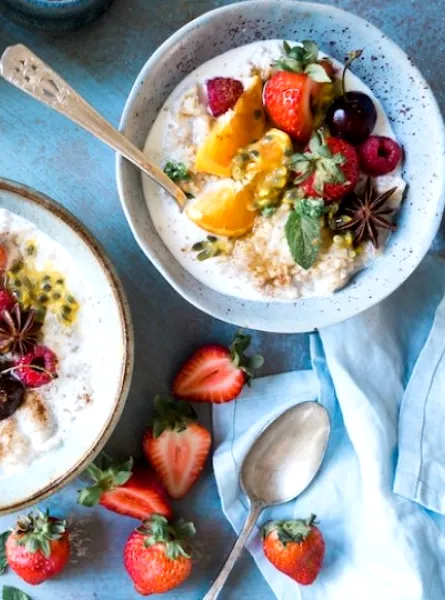
Nowadays, awareness of the importance of a healthy diet is steadily increasing. In the pursuit of better health, many people turn to calorie-tracking apps to help them achieve their weight and fitness goals. However, should we really enter everything we eat into a calorie-counting app?
This article will discuss the advantages and disadvantages of this practice and provide some insights into maintaining a healthy dietary balance.
The advantages of using a calorie-tracking app:
1. Calorie awareness
Using such apps can help us become more aware of the calorie intake of the foods we consume. This can assist in better understanding the calorie quantities present in different types of food, which can be beneficial for maintaining an appropriate calorie balance.
2. Weight management
For those looking to lose or maintain weight, using a calorie-tracking app can be a useful tool. By monitoring their daily calorie intake, users can adjust their diet accordingly and achieve their goals more easily. Studies have shown that motivation is higher when using these types of apps. However, it is important to note that a registered dietitian is the health professional who can best tailor your diet to achieve your goals.
3. Identification of eating habits
Logging what we eat in an app helps keep track of our eating habits. This can help identify unhealthy eating patterns or nutritional imbalances, which can then be corrected to improve overall diet quality.
4. Managing diet based on physical activities
It is important to adjust our diet based on the level of physical activity we engage in. For example, if I am running a marathon, I will necessarily need more calories to succeed in my race and avoid depletion. Moreover, if you participate in high-level sports, tracking your calories and other nutrients can help enhance your performance.
The disadvantages of calorie-tracking apps:
1. Calorie obsession
Constantly using a calorie-tracking app can lead to an unhealthy obsession with numbers. Some individuals may develop an unhealthy relationship with food, focusing solely on calories rather than the nutritional quality of the food.
2. Loss of spontaneity and enjoyment
Logging every consumed food into an app can become tedious and time-consuming. It can also take away spontaneity and the pleasure associated with eating by turning every meal into a burdensome task.
3. Data variability
Calorie-tracking apps rely on food databases, which means that calorie information can vary depending on the sources used. It is important to recognize that the numbers provided by these apps may sometimes not be entirely accurate.
Finding a Balance
So, how can we find a balance between using a calorie-tracking app and adopting a more intuitive approach to eating?
1. Temporary use
Instead of relying on a calorie-tracking app constantly, it may be wise to use it temporarily to gain a better understanding of the calorie content of foods. Once this knowledge is acquired, it becomes easier to make informed dietary decisions without the need for constant monitoring. Alternatively, by using an app like Keenoa, it is possible to monitor nutritional quality, eating habits, and gain an idea of our food intake without making it the primary focus.
2. Focus on nutritional quality
Rather than solely focusing on calories, it is important to prioritize the nutritional quality of foods. Opt for natural foods that are rich in nutrients and prioritize dietary diversity to achieve a proper nutritional balance.
3. Listen to your body
Developing a healthy relationship with food involves learning to listen to your body and recognize hunger and satiety cues. When we are attuned to our bodily needs, it becomes easier to maintain a dietary balance without obsessively counting calories.
Using a calorie-tracking app can be a valuable tool for some individuals in their pursuit of a balanced diet. However, it is essential to find a balance and avoid falling into an unhealthy obsession with numbers. Listening to your body, focusing on nutritional quality, and using these apps temporarily can help achieve a healthy balance in our food choices. The key is to find an approach that works for you, ensuring that your relationship with food remains positive and balanced. For additional support and advice, schedule an appointment with one of our registered dietitian nutritionists.





